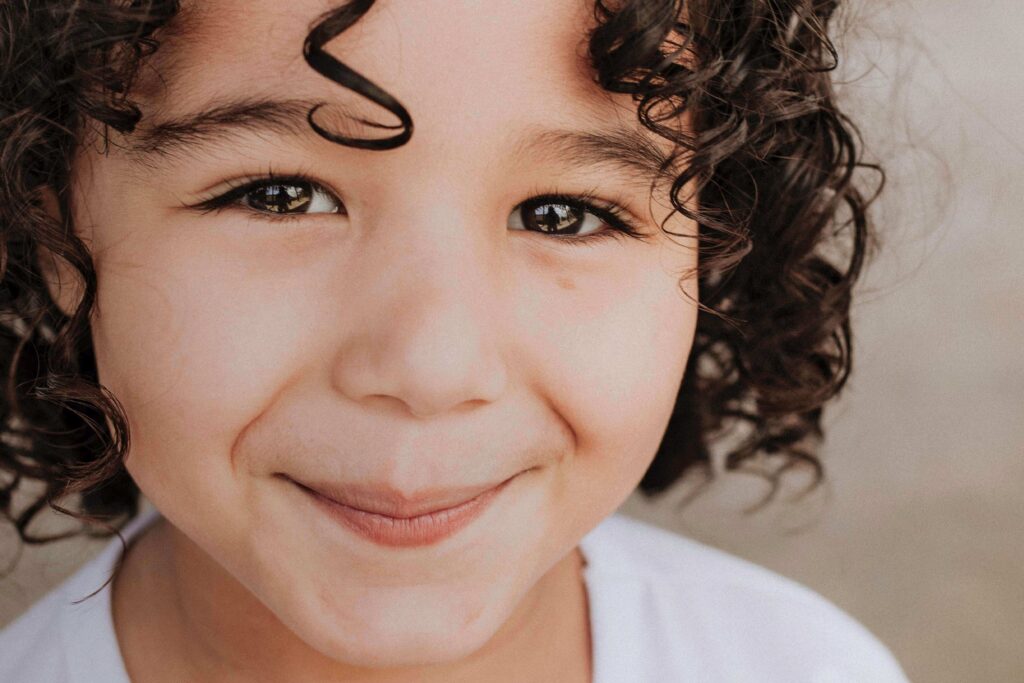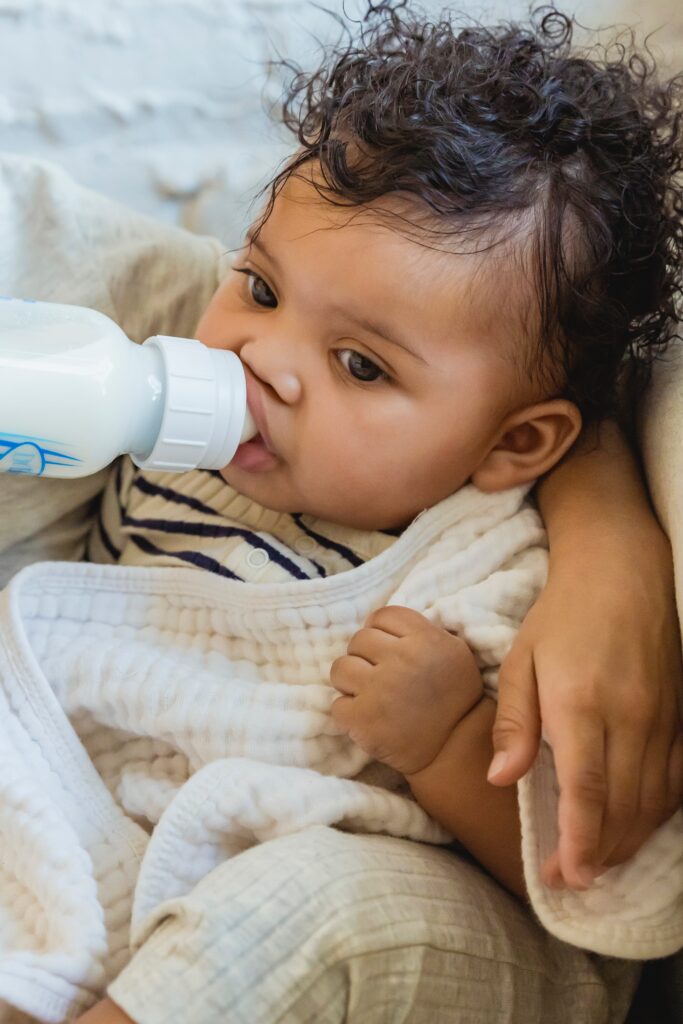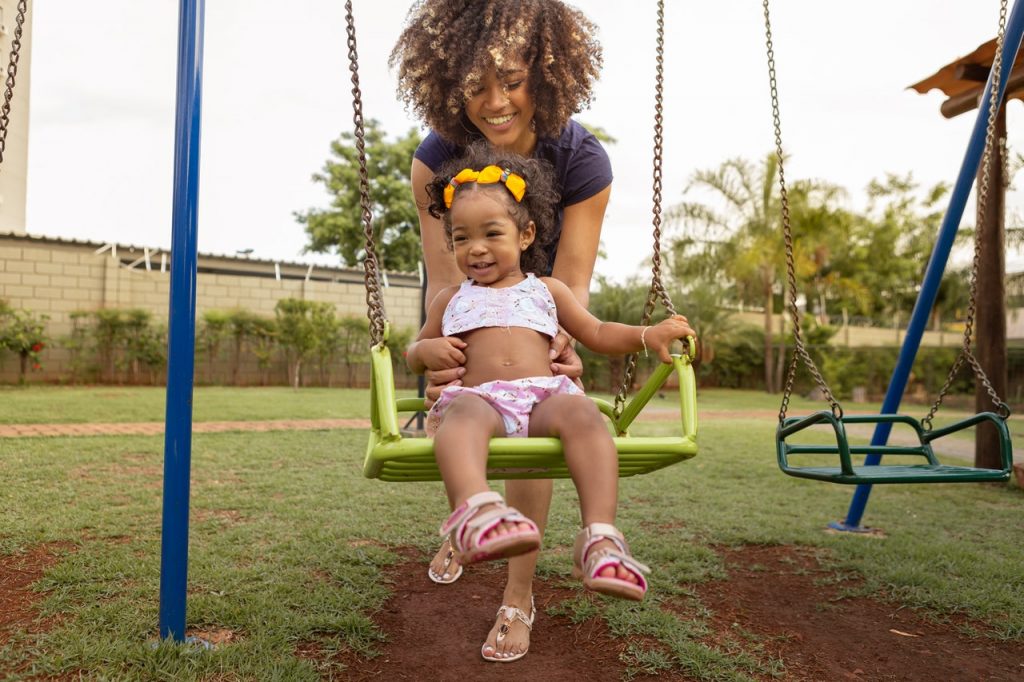As parents, observing our babies’ behaviors can often lead to curiosity and sometimes concerns. One common behavior that may catch your attention is when the baby sucking on bottom lip frequently.
This article aims to explore why babies engage in sucking their bottom lip and provide insights into whether this is a normal part of development.
What Does It Mean When a Baby Sucking on Bottom Lip?
Lip sucking, specifically when a baby Sucking on Bottom Lip, can be a sign of various things.
It’s often seen in babies around the 3 to 6-month mark, but can also be observed in slightly older infants, such as those around 5 months old.
This behavior can be a response to different needs or feelings.
1. Teething: A Primary Cause
When babies begin to teethe, they often experience discomfort and irritation in their gums. Sucking on the bottom lip can provide a sense of relief from this discomfort.

It’s a natural response to the emerging teeth, particularly noticeable when lower front teeth are erupting.
Parents might observe increased drooling, fussiness, and a tendency to bring objects to their mouths during this stage.
2. Hunger or Thirst: Basic Needs
Infants communicate their needs in various ways, and Baby Sucking on Bottom Lip can be a sign of hunger or thirst. It’s a reflexive behavior signaling the need for feeding.
Must Read: 7 Parenting Tips For Building Strong Bonds
Parents should watch for patterns in their baby’s baby chewing on their bottom lip that align with their feeding schedule or times when they might be thirsty.
3. Exploration and Self-Soothing: A Learning Process
Babies are naturally curious and use their mouths to explore their surroundings. Lip chewing can be part of this exploration, allowing them to learn about textures and sensations.
Additionally, it serves as a self-soothing technique, offering comfort in moments of tiredness, boredom, or stress, much like thumb-sucking or the use of a pacifier.
4. Mimicking Behavior
Babies are keen observers and often imitate the behaviors they see. If parents or siblings often bite their lips or have similar habits, babies might start mimicking this action.

This form of learning helps them in developing social and motor skills.
5. Developmental Milestones
As babies grow, they reach various developmental milestones, and Sucking on Bottom Lip can sometimes be a part of this journey.
It could signify their growing awareness of their body and their ability to control different parts of it.
6. When to Be Concerned: Seeking Professional Advice
While mostly a benign habit, if Baby Sucking on Bottom Lip leads to skin issues around the mouth or seems to be a sign of discomfort, it’s important to consult with a pediatrician.
Have a Look: BEST RUBBER BANDS FOR TODDLER HAIR IN 2023
This is especially crucial if it’s accompanied by other unusual behaviors or developmental concerns. Early intervention can be key in addressing any underlying issues.
Tips to Manage Baby Sucking on Bottom lip
Managing a baby’s habit of sucking on their bottom lip can be a common concern for parents. In this guide, we’ll provide you with valuable tips to address and help your baby overcome this behavior
Observe and Understand
Observation is crucial in understanding why a Baby Sucking on Bottom Lip. By noting when and in what situations this behavior occurs, parents can better address their baby’s needs, whether it’s feeding, comforting, or distraction.

Offer Teething Solutions
For teething babies, provide appropriate teething toys or cold items to chew on. These can divert their attention from Baby Sucking on Bottom Lip and provide relief from teething pain.
Maintain a Consistent Feeding Routine
A regular feeding schedule ensures that the baby is neither hungry nor thirsty, potentially reducing the frequency of lip-sucking for these reasons.
Introduce Alternative Comfort Items
Encourage the use of other self-soothing techniques, such as a favorite blanket, a soft toy, or a pacifier. This can help in gradually reducing the baby’s reliance on lip chewing for comfort.
Regular Check-Ups
Keep up with regular pediatrician visits to monitor the baby’s development. Discuss any concerns regarding their lip-sucking habit during these appointments.
Educate and Engage
As babies grow, engaging them in different activities and providing educational toys can help in redirecting their attention from Sucking on Bottom Lip to more constructive activities.

By understanding and responding appropriately to the reasons behind lip-sucking, parents can ensure their baby’s comfort and well-being. Always Keep in mind that each child possesses their own distinct qualities, and what proves effective for one may not yield the same results for another.
Conclusion
In conclusion, while Baby Sucking on Bottom Lip is a common behavior, understanding its underlying causes is crucial for parents. It’s important to observe and respond to your baby’s needs, whether they’re teething, hungry, or simply exploring their world.
Offering alternatives and maintaining a regular routine can be effective in managing this habit. However, if there are concerns about the baby’s development or if the lip sucking leads to discomfort, seeking advice from a pediatrician is essential.
Each baby is unique, and their behaviors, including Sucking on the Bottom Lip, are part of their individual development journey. Patience, attentiveness, and a responsive approach are key in ensuring your baby’s comfort and well-being as they grow and explore the world around them.









